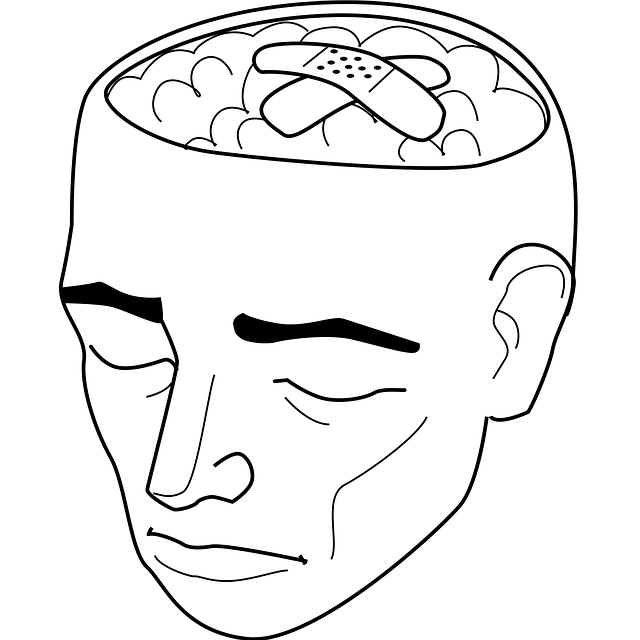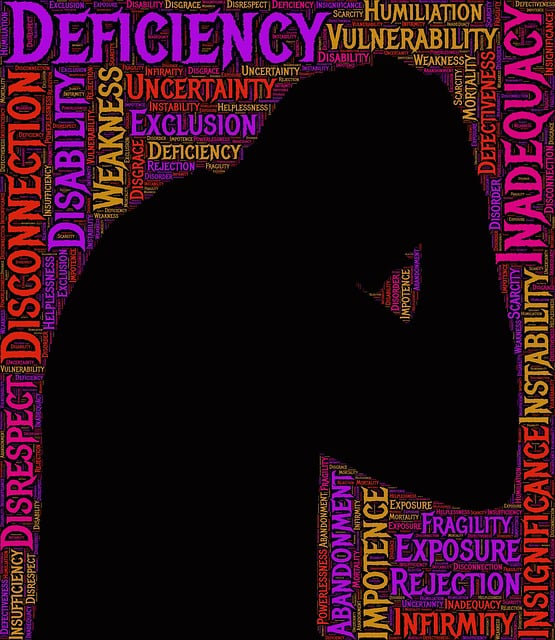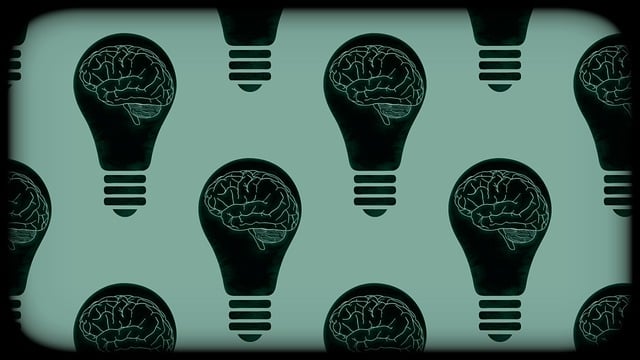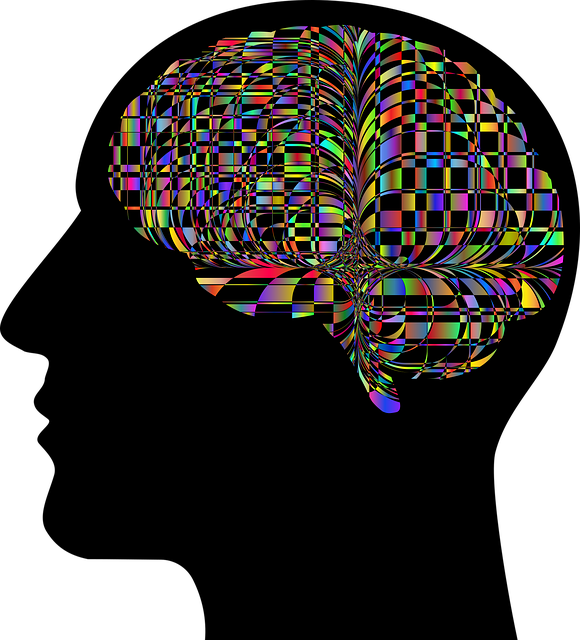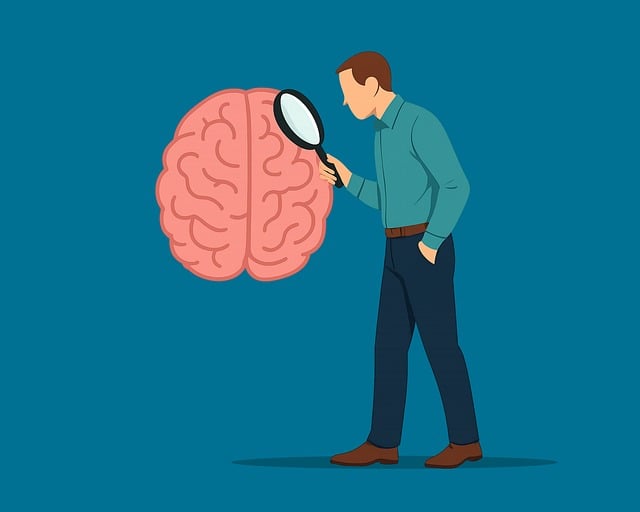Elderly mental health is enhanced through innovative gender-affirming care therapies, addressing unique challenges like societal biases and internalized stigma. This approach combines Cognitive Behavioral Therapy (CBT) with mindfulness exercises to improve mood regulation, self-esteem, and social skills. Tailored programs empower elders with tools for managing emotional fluctuations while fostering community connections. Social engagement and support networks are vital, with policies encouraging inclusive social programs to boost the overall mental well-being of older adults.
Mood regulation strategies are essential for maintaining emotional well-being, especially among elderly individuals. As our population ages, understanding and addressing mood disorders become increasingly critical. This article explores various techniques tailored to cater to the unique needs of seniors. From cognitive-behavioral therapy (CBT) for daily practice to gender-affirming care, these approaches enhance resilience. Additionally, we delve into mindfulness, meditation, and social engagement as powerful tools for calming minds and building supportive networks, ultimately improving quality of life.
- Understanding Mood Regulation: The Significance for Elderly Individuals
- Gender-Affirming Care: A Unique Approach to Enhancing Well-being
- Cognitive-Behavioral Therapy (CBT): Strategies for Daily Practice
- Mindfulness and Meditation Techniques for Calming Minds
- Social Engagement and Support Networks: Building a Resilient Mood Buffer
Understanding Mood Regulation: The Significance for Elderly Individuals

Understanding mood regulation is paramount when it comes to the well-being of elderly individuals. As people age, they may experience changes in their emotional states that can impact overall quality of life. The significance of effective mood regulation strategies for elders cannot be overstated, as they can help mitigate symptoms of depression and anxiety—common issues among this demographic. By implementing therapy for elders that focuses on gender-affirming care, professionals can create a safe and supportive environment. This approach not only enhances self-esteem improvement but also fosters better social skills training, which is crucial for maintaining connections in later years. Moreover, mental wellness coaching programs development specifically tailored to the elderly can offer practical tools and strategies for managing mood fluctuations, ultimately contributing to improved overall mental health.
Gender-Affirming Care: A Unique Approach to Enhancing Well-being

In recent years, there has been a growing recognition of the unique challenges faced by older adults, particularly regarding mental health and well-being. Among various therapeutic approaches, Gender-Affirming Care stands out as a revolutionary strategy that caters to the specific needs of this demographic. This specialized form of care is designed to provide elders with a safe and supportive environment, fostering a deeper sense of self-acceptance and confidence. By validating their gender identities and experiences, therapists skilled in this practice enable individuals to reconnect with aspects of their lives that may have been previously neglected or suppressed, thereby boosting overall mental resilience.
Integrating Gender-Affirming Care into therapeutic routines can significantly enhance the effectiveness of traditional therapy models for elders. It goes beyond typical self-care practices and conflict resolution techniques by addressing the root causes of distress, such as societal biases and internalized stigma. This holistic approach not only improves mood regulation but also encourages a sense of community and belonging, which is crucial in mitigating feelings of isolation commonly experienced by older adults.
Cognitive-Behavioral Therapy (CBT): Strategies for Daily Practice

Cognitive-Behavioral Therapy (CBT) is a powerful tool for elders seeking to regulate their moods and improve overall mental well-being. This therapy focuses on identifying and changing negative thought patterns, offering practical strategies for daily emotional management. By learning to challenge and reframe distressing thoughts, individuals can gain a sense of control over their emotions, fostering better mental health outcomes.
In the context of gender-affirming care, CBT is tailored to address unique challenges. For example, elders in LGBTQ+ communities may face additional stressors related to discrimination or social isolation. Therapists can guide patients through techniques to navigate these issues, promoting resilience and positive self-perception. Incorporating stress reduction methods, such as mindfulness exercises, into daily routines can also aid in burnout prevention, which is especially relevant for those managing chronic conditions. Mental health education programs designed with CBT principles in mind can empower elders to take an active role in their care, enhancing overall emotional stability and quality of life.
Mindfulness and Meditation Techniques for Calming Minds

Mindfulness and meditation practices have emerged as powerful tools for regulating emotions and calming minds, particularly beneficial for older adults seeking therapy. These techniques offer a gentle yet profound approach to self-care, helping individuals cultivate present-moment awareness and manage stress effectively. Through regular practice, elders can enhance their emotional well-being and overall mental health.
Meditation, when tailored to individual preferences, becomes an accessible form of gender-affirming care. It allows for introspection and self-reflection, fostering self-esteem improvement and a deeper connection with one’s thoughts and feelings. Healthcare provider cultural competency training emphasizes the importance of incorporating such practices into mental health education programs design, ensuring that elders from diverse backgrounds can benefit from these ancient techniques in modern times.
Social Engagement and Support Networks: Building a Resilient Mood Buffer

Social engagement and a strong support network are instrumental in regulating one’s mood, especially for elders. Building meaningful connections and maintaining active social skills can serve as a powerful buffer against mood disorders. Therapy for Elders, incorporating gender-affirming care, can facilitate these connections by fostering environments that encourage social interaction and emotional expression. Social Skills Training, tailored to the needs of older adults, enables them to enhance existing relationships and form new ones, thereby improving their overall well-being.
Moreover, Self-Care Practices play a significant role in mood regulation. Encouraging elders to participate in activities that promote relaxation, such as gardening or joining community groups, can provide much-needed emotional support. Mental Health Policy Analysis and Advocacy efforts should focus on ensuring accessible and inclusive social programs for older adults, recognizing the profound impact of social engagement on mental health.
In conclusion, mood regulation strategies are invaluable tools for elderly individuals to enhance their well-being. From understanding the significance of mood control to implementing diverse techniques like cognitive-behavioral therapy, mindfulness, and fostering social engagement, this article has explored various avenues for improving mental health in seniors. Additionally, highlighting the benefits of gender-affirming care underscores a holistic approach to therapy for elders, recognizing the unique needs and experiences within this demographic. By integrating these strategies into daily life, elderly individuals can achieve better emotional balance and overall resilience.

